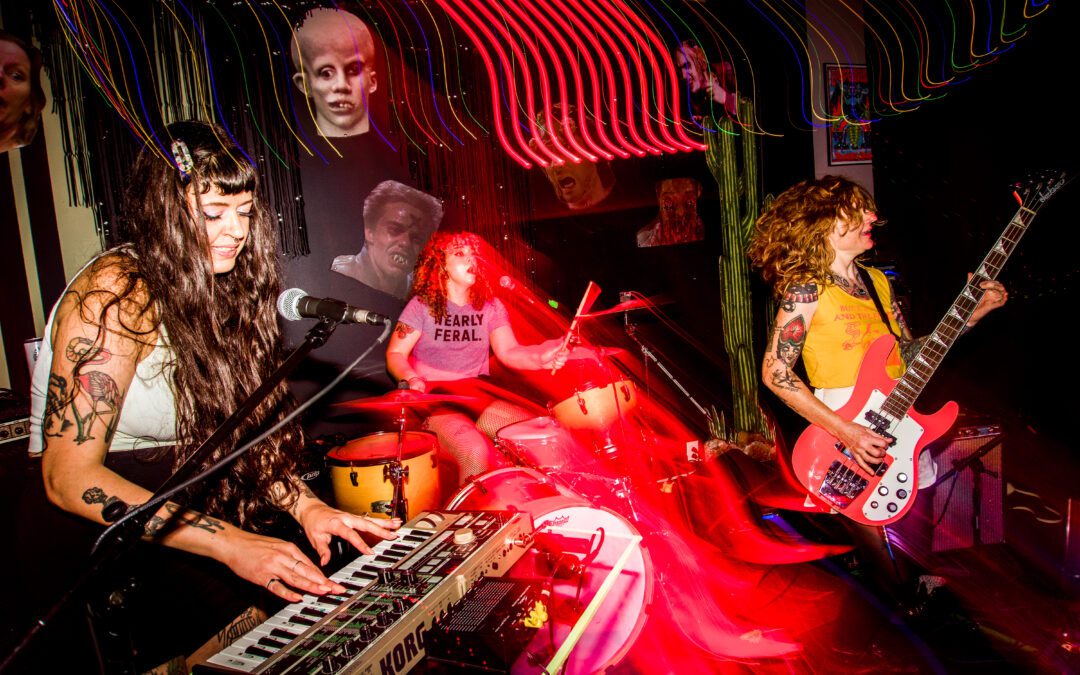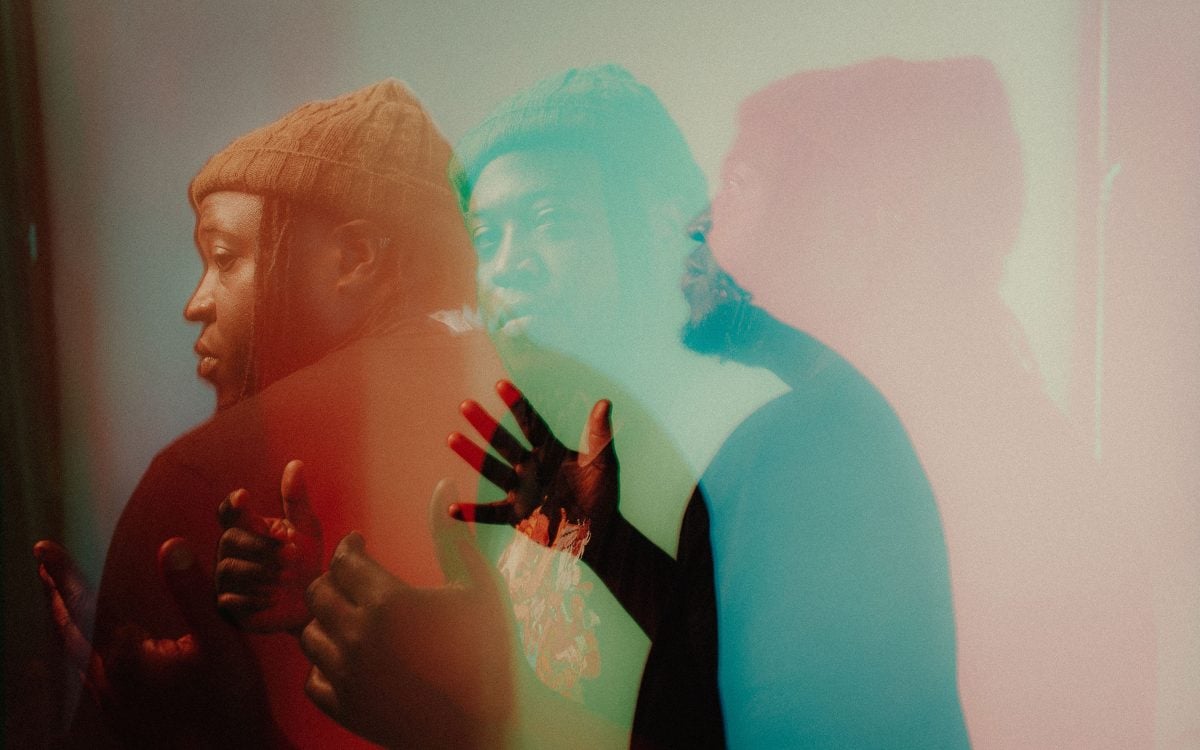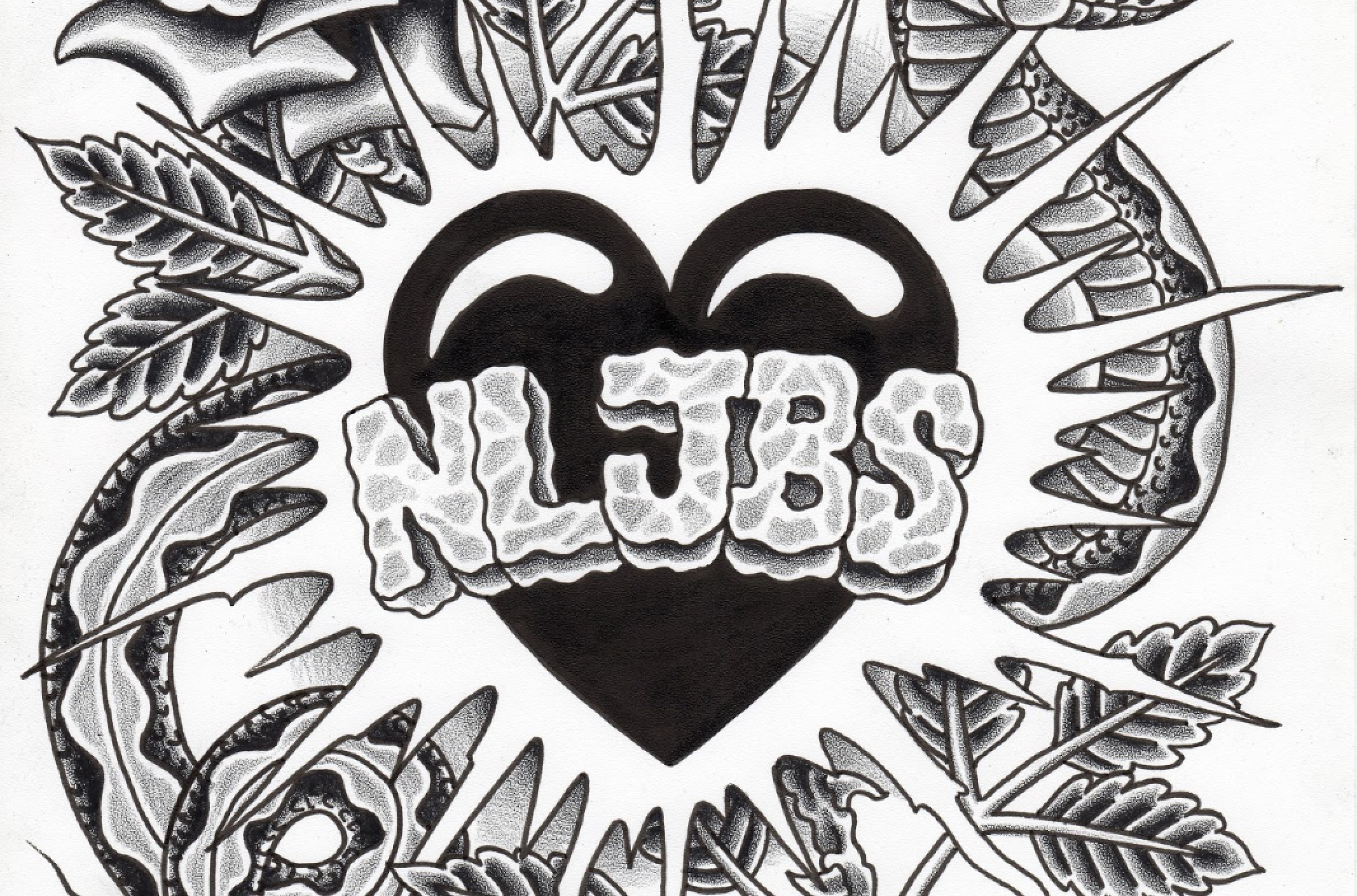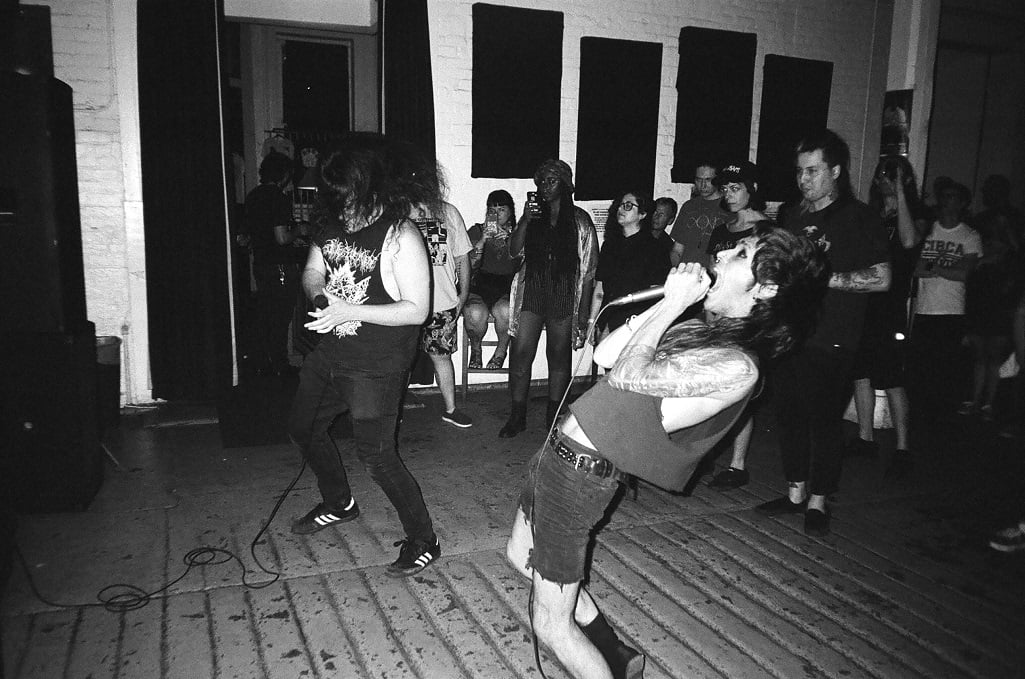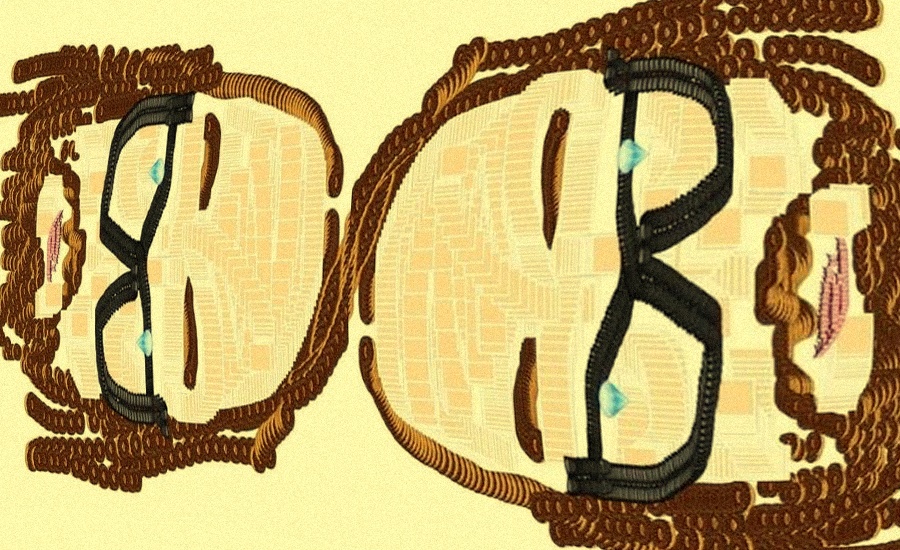Local hotshots VV just went on an extensive tour and have released some new music, so CJ Payne thought it was time to sit back down with the band and pick their brains about the state of the RVA music scene, how it has changed, and how they have adapted. CJ PAYNE: So...
